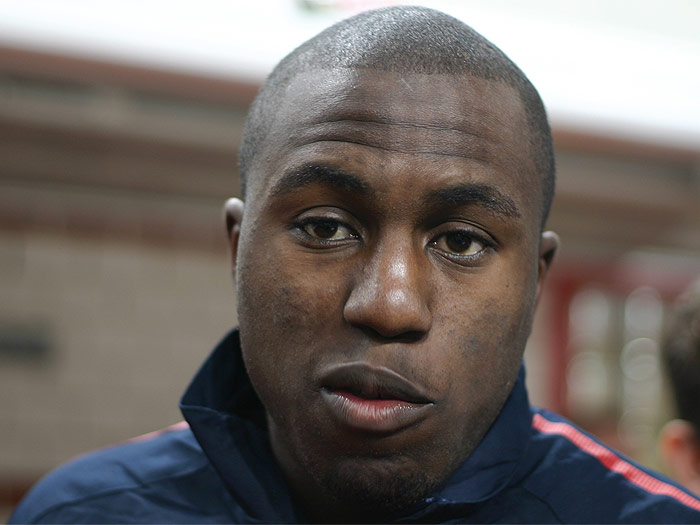With nine new faces at the Stadium of Light, Sunderland will be all but unrecognisable from the side who scraped clear of relegation and face an uncertain season

It only takes a 5 minute jaunt on YouTube to remember that Paolo Di Canio is not a man inclined to do things by halves. This summer has been no exception. Deeply unhappy with what he saw upon taking over what was an abject side for the large parts of last season, the Sunderland manager has taken the ‘summer clear-out’ tradition to another level.
To describe it as an overhaul would be an understatement. The numbers are impressive – or extravagant, depending on how you look at it. Nine new players have been brought in thusfar, with eight being shown the door. Total spending has come in at just under £19 million, though the sale of goalkeeper Simon Mignolet to Liverpool for £10 million (a tidy £8 million profit on the Belgian) has helped to balance the books for owner Ellis Short.
Such large-scale change is a risky move, but in a list of Premiership clubs needing a dressing room cleanout, Sunderland were at the top after avoiding relegation by the thinnest of margins. They were a dreadful side to watch last season by any standard, often appearing disorganised and lacking in motivation. Martin O’Neill cut a disconsolate figure on the sidelines in his final eight games in charge, the trademark boyish energy replaced by a folded arms and a helpless thousand-yard stare.
Of course, radical change is what lifted the club out of the downward spiral of last season. Di Canio’s appointment was an enormous gamble and even Sunderland might not have been prepared for storm surrounding Di Canio’s alleged fascism. They would, however, have been confident that Di Canio would be a walking grenade in dressing room and they were right.

May was an interesting month, to say the least. Seven players were fined for breaches of discpline, before he then threatened to fine any players who did not perform “with dignity” in the last game against Tottenham Hotspur. A week later, he branded Phil Bardsley and Matt Kilagallon “pathetic” after the pair spent a midweek evening in a casino. “It was disgusting,” he said. “These people can’t train with me.” The heavy fines prompted the PFA to investigate the club, with Gordon Taylor warning that the Italian could not be “a law unto himself”.
The end result, of course, was that Sunderland stayed up. Di Canio’s appointment had the desired effect of waking the players out of their collective slumber enough that they could drag themselves over the finish line. But the true test will come this season. Such a a new squad may take time to gel as they learn to play both with each other and under the watchful eye of their firebrand manager.
It would be difficult, as well as foolhardy, to predict a fast or a slow start for club. They could explode out of the blocks, buying into Di Canio’s fitness-first and authoritarian management style and replicating his fiercely competitive nature on the pitch. Alternatively, a failure to gel and a poor start could put some early pressure on Di Canio and his faith in the unfamiliar faces he has recruited. The Italian may have taken a dim view of his players’ gambling activities last season, but as his chairman would argue, no risk, no reward.
